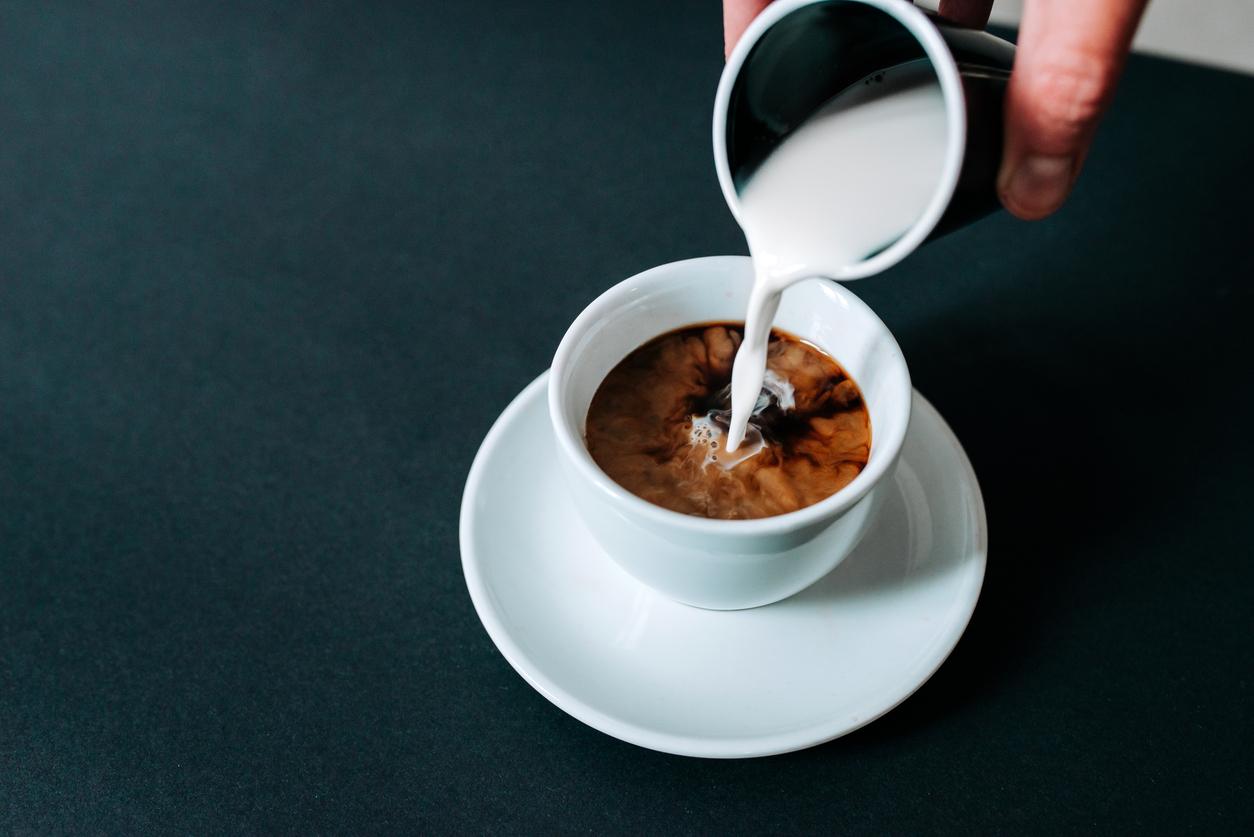If we knew it has stimulating and energizing virtues, coffee would also be able to improve our ability to remember details and our visual memory.
A team of researchers from Johns Hopkins University in Baltimore (United States) led by Professor Michael Yassa conducted a study to understand the mechanisms of coffee on visual memory.
They analyzed the memorization modifications of 73 volunteers.
After looking at different pictures, half of them drank a dose of 200 milligrams of coffee (the equivalent of 2 cups) and the other half a placebo.
The researchers tested the visual memory of these volunteers the next morning. They confronted them with new images, some identical to those of the day before, others extremely close, and others different.
Coffee has many virtues
Both groups were able to identify new and old images perfectly. On the other hand, only people who drank coffee could distinguish the slightly modified visuals.
Coffee seems to allow you to remember details better and thus to remember more faithfully.
“If we had used standard memory work without these hard to distinguish ‘similar’ items, we would not have found any effect from caffeine,” comments Prof. Yassa. “For this category of images, the brain must indeed perform a more difficult operation, it must do work to separate the model” explain the researchers. “Our study has shown that it is this action which seems to be reinforced by caffeine” concludes Professor Yassa, who also recalls that “caffeine is associated with longevity in good health and can have protective effects against cognitive decline such as disease. Alzheimer’s ”.
Indeed, the American National Cancer Institute published in the New England Journal of Medicine a study revealing that coffee would extend life expectancy, even if it is a decaffeinated one.
The researchers followed 40,000 coffee “drinkers” aged 50 to 71 for 13 years and concluded that drinking 3 cups of coffee per day would decrease the risk of death by 10% in coffee drinkers compared to to people who do not drink it and would lower this risk by 15% in women. Coffee would also have a protective effect against the risks of cardiovascular accidents (stroke), strokes, diabetes and respiratory diseases.


















